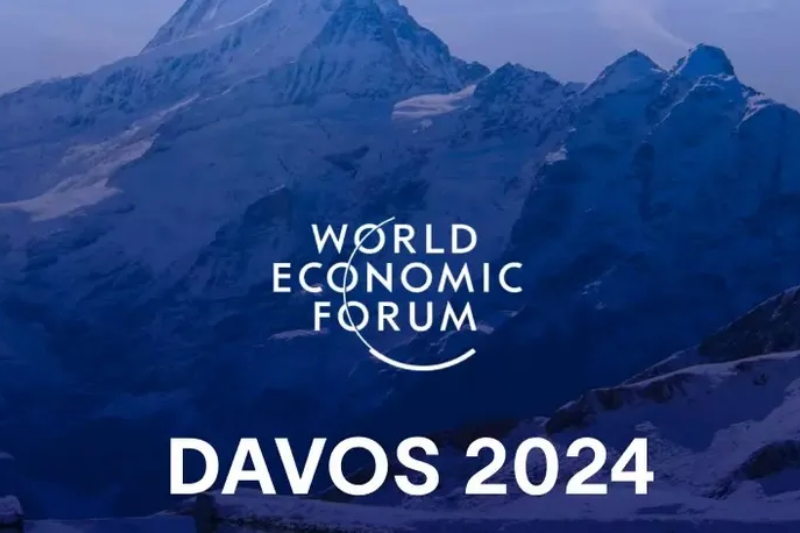During the Davos conference, US Secretary of State Antony Blinken reaffirmed his country’s commitment to investing in agriculture as a means to enhance productivity, improve nutritional quality, and address global food insecurity. With over 700 million people suffering from hunger worldwide, and the projected increase in food demand by more than 50% by 2050, it is crucial to find solutions to mitigate the impact of climate change and other stressors on crop yields.
In collaboration with the African Union and the Food and Agriculture Organization of the United Nations, the United States launched the Vision for Suitable Crops and Soils (VACS) initiative. VACS is an integral part of the USAID’s Feed the Future program, which aims to combat global food insecurity comprehensively and efficiently. The approach taken by the US government is swift and focuses on two key aspects.
Kepp Reading
Firstly, there is a significant investment in identifying the most nutritious African crops that are resilient to climate change. These varieties are then improved and made available to the global market. This initiative aims to enhance crop diversity and ensure the availability of resilient crops that can thrive in changing environmental conditions.
Secondly, investments are made in mapping, conserving, and building healthy soils. Recognizing the importance of soil health as the foundation of sustainable agriculture, this aspect of the initiative aims to promote practices that preserve and enhance soil quality. By aligning good seed choices with suitable soil conditions, a robust agricultural base for the future can be established.
VACS aligns with Feed the Future, the US Government’s overarching global hunger and food security initiative. It also contributes to the implementation of the US Global Food Security Strategy for 2022-2026. Through these comprehensive efforts, the United States aims to address the pressing challenges of hunger, food insecurity, and climate change, ultimately fostering sustainable agricultural practices and ensuring a more food-secure future.

